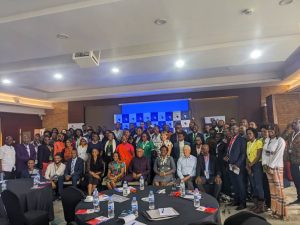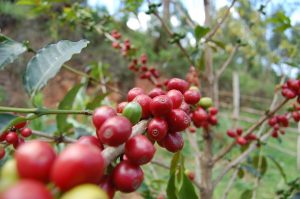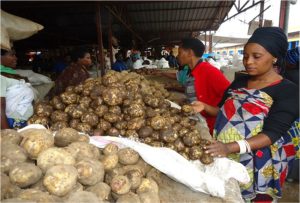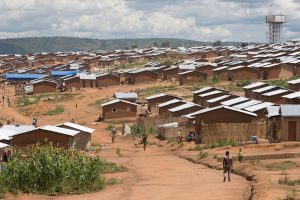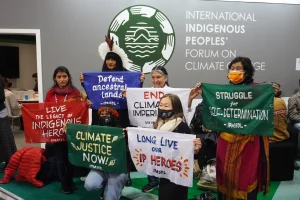Africa’s Food Systems at a Turning Point as Innovators Push Climate-Smart Farming
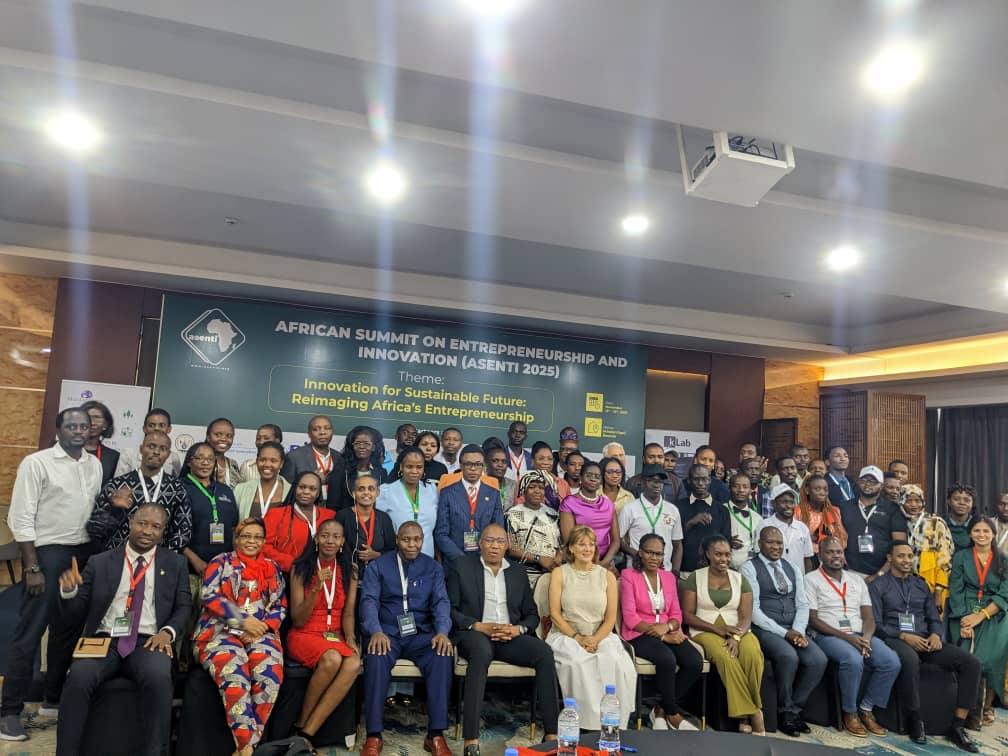
As climate shocks intensify across Africa, agribusiness experts at this year’s Africa Summit on Entrepreneurship and Innovation (ASENTI) called for bold, technology driven solutions to build resilient food systems and unlock opportunities for young farmers. The panel on “Re imagining Agribusiness Shaping the Future of Food Systems in the Face of Climate Change in Africa” brought together innovators from Kenya and Rwanda who underscored the urgent need to rethink how Africa grows, manages and values food.
The Africa Summit on Entrepreneurship and Innovation (ASENTI) 2025, held from November 13 to 15, 2025 in Kigali, Rwanda.
Naomi Natuku, Founder of Kilimo Ujuzi Agri Solutions in Kenya, said climate change has already forced farmers to abandon old methods and rapidly adapt to new realities.
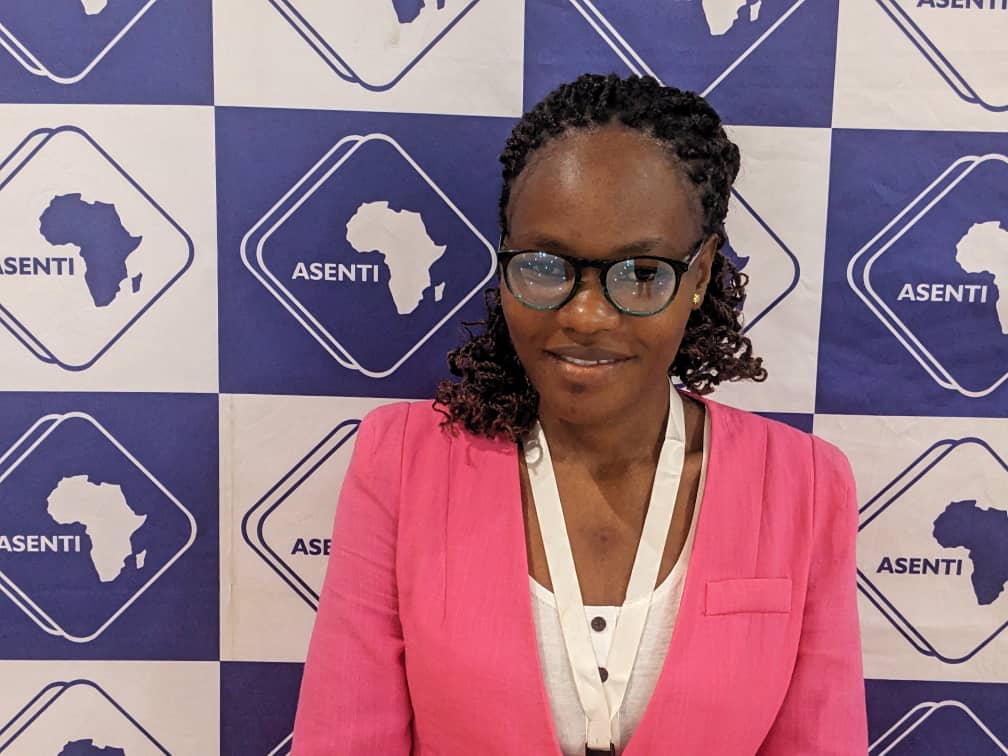
“We have to change how we do our farming,” she said. “When the climate changes, we come up with practices that will help us in production.” She highlighted innovations such as vertical farming, conical bags for urban farmers with limited land, zero tillage conservation agriculture and agroforestry. According to her, these practices reduce environmental pressure while ensuring stable yields.
“These innovations conserve water, land and the environment, yet still give us produce,” Natuku noted.
Natuku also stressed the role of aggregation systems that allow farmers with small plots to collectively sell produce in bulk, increasing their bargaining power. But she warned that technology alone is not enough. Farmers in remote areas need trust and consistent support.
“At Kilimo Ujuzi, we sign contract farming agreements to build trust,” she said. “We stabilize prices so farmers are not affected by fluctuating demand.”
As Africa faces harsher weather conditions, she said certified climate resilient seeds and gradual integration of AI will be critical. She also pointed out the growing inclusion of women and teen mothers in agribusiness.
“We have a lot of opportunities as young women in Africa,” she said. “Agriculture is not for the poor. Agriculture can make you rich.”

John Shivisi, Technical Advisor for MSME Development at the GIZ Agri Jobs for Youth Project in Kenya, said climate smart innovations are already presenting major employment opportunities.
“Organic innovations like black soldier fly farming, solar irrigation systems and azolla are low cost to make but sell at high value,” he said. “They create so much potential.”
Shivisi emphasized that young people need to shift their perception of agriculture from a field requiring large capital to one where innovation and resourcefulness matter more.
“They should start working with what they have,” he said. “And they need to start conversations with those who hold the resources instead of waiting to be given.”
According to Shivisi, governments must step up by improving extension services, youth friendly value chain policies, access to inputs and reducing tax burdens for agribusiness startups. Mechanisms such as crop insurance, he added, are essential to protect young farmers from climate related losses such as hailstorms, droughts and floods.
“Young people need to structure their business models to be climate smart,” he said. “Agriculture must transition from the older generation to the younger generation because we want to tap into their innovation and energy.”
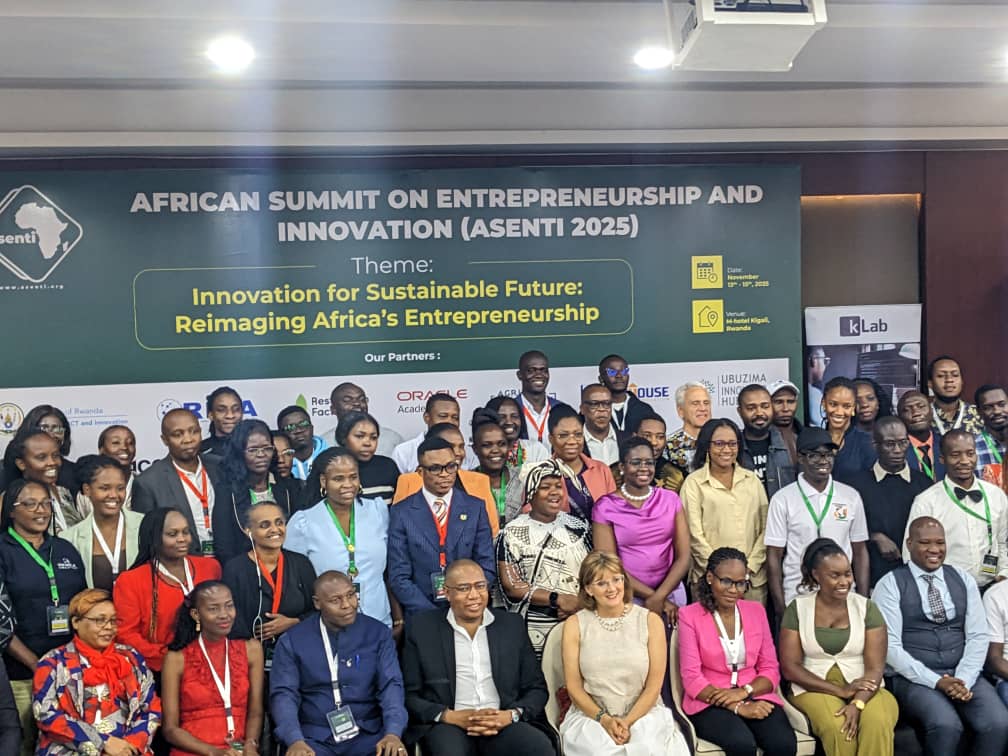
Calvin Jodisi, President of ASENTI Africa, said many challenges young agripreneurs face stem from limited skills rather than limited funding.
“There still needs to be a lot of capacity building so that more young people embrace entrepreneurship,” he said. “Support is not necessarily financial. Young people also need knowledge and tools.”
Jodisi said ASENTI has been connecting young entrepreneurs with investors, but investment only comes when ideas are viable and well developed.
“Yes, there is money out here,” he said, “but investors want viable ideas. You cannot just wake up with an idea. You must have invested your own effort and resources to build something.”
Jodisi urged young Africans to move beyond consumption and become creators of the next wave of global companies.
“We want the next Teslas and Amazons to come from Africa built by Africans,” he said.
From climate resilient seeds to green technologies and youth friendly value chains, the panelists agreed that Africa’s food systems are at a turning point. Climate change is driving rapid innovation but also exposing gaps in skills, finance and rural inclusion.
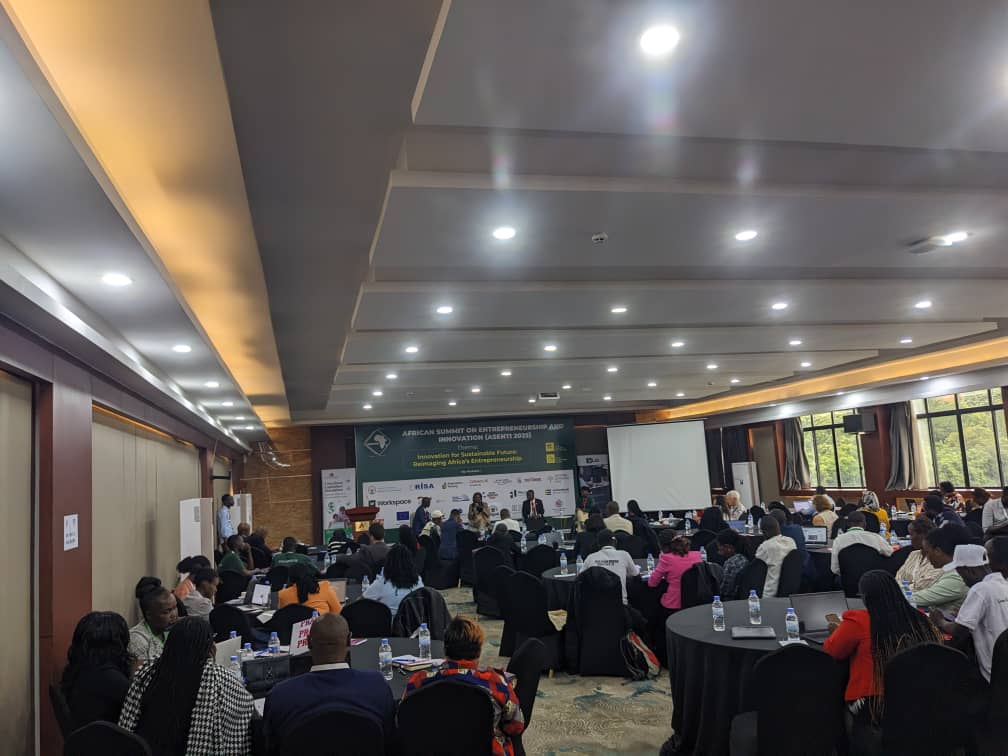
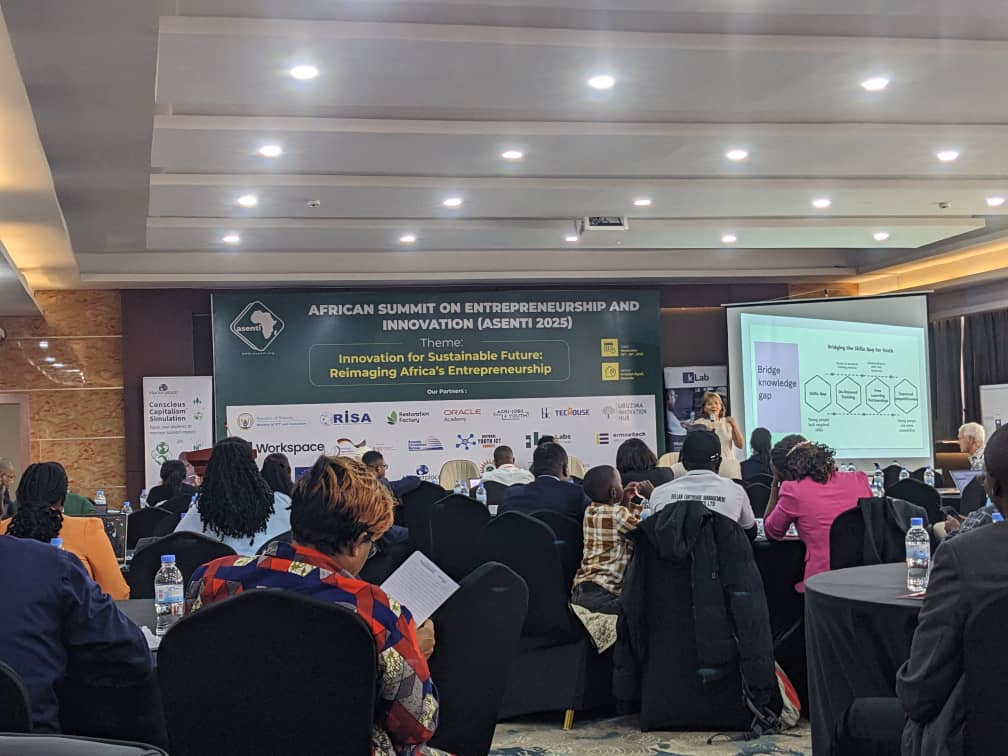
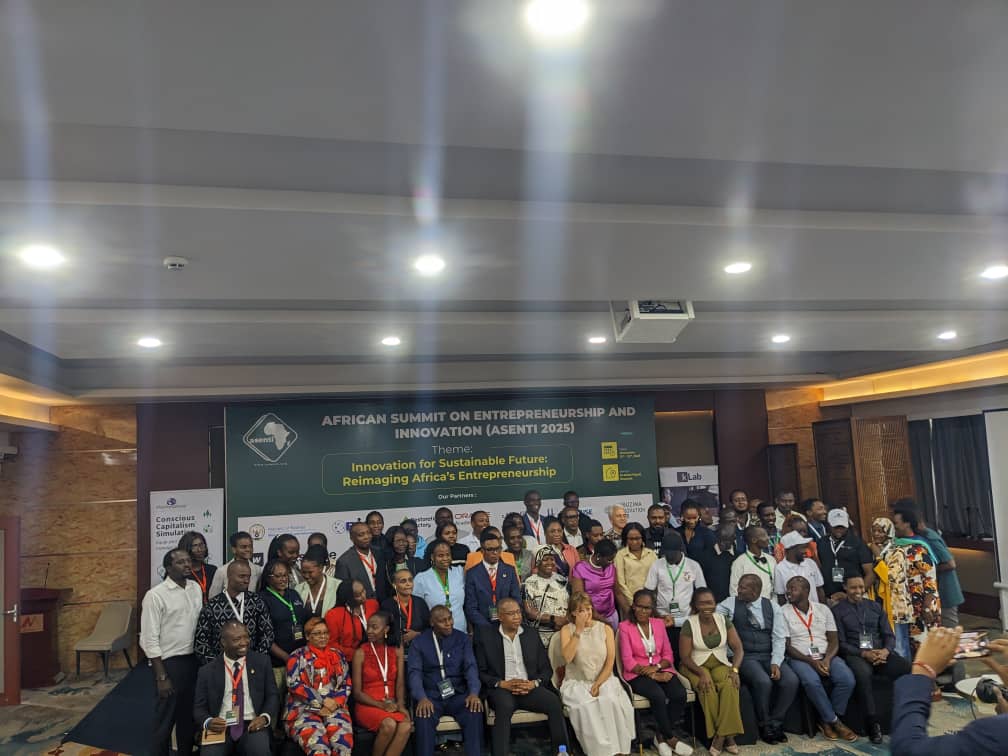

SUBSCRIBE TO OUR NEWSLETTER



